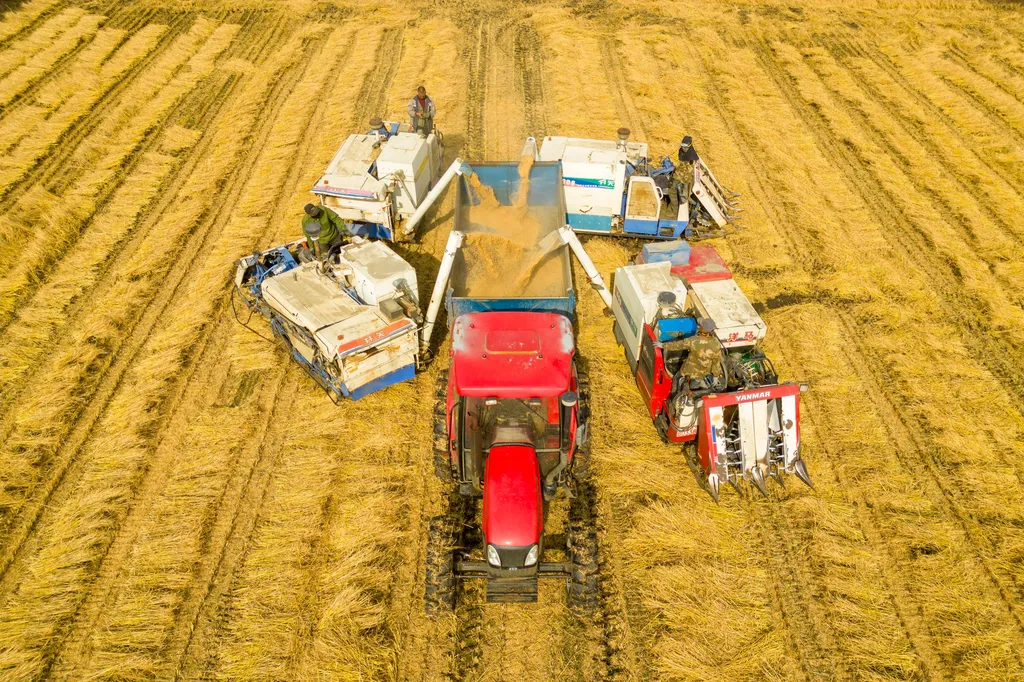In the heart of China’s agricultural innovation, a groundbreaking study is reshaping the future of farming. Researchers, led by Xue-ming Xu from the Communication University of Zhejiang, are exploring how intelligent voice technology can revolutionize agricultural machinery. Their work, published in *Frontiers in Plant Science*, offers a glimpse into a future where farmers interact with their machinery as effortlessly as they do with their smartphones.
Imagine a farmer, hands busy with crops, instructing a tractor to adjust its speed or a harvester to change its settings, all through voice commands. This is not a scene from a sci-fi movie, but a reality that Xue-ming Xu and his team are working towards. “Intelligent voice technology can reduce operator workload, improve operational quality, and enhance operational safety,” Xu explains. This technology is not just about convenience; it’s about transforming the way we farm.
The study reviews the current state of intelligent voice technology in agriculture, highlighting its potential to streamline operations and improve efficiency. The researchers propose a framework for integrating this technology into agricultural machinery, with plans for two typical application scenarios: intelligent control and fault diagnosis/early warning.
The commercial impacts of this research are substantial. For instance, voice-controlled machinery could reduce the need for manual adjustments, saving time and labor costs. Fault diagnosis and early warning systems could prevent costly breakdowns and downtime, ensuring smoother operations and higher productivity. As Xu puts it, “This technology can provide a reference for the application of intelligent voice technology in the agricultural machinery sector.”
The study also offers development suggestions, including building specialized voice recognition vocabularies and semantic parsing models, and exploring the application of artificial intelligence in agricultural machinery voice technology. These suggestions point towards a future where farming is not just about physical labor, but also about smart, voice-driven interactions.
The research led by Xu, affiliated with the School of Broadcast Announcing Arts at the Communication University of Zhejiang, Hangzhou, China, provides a roadmap for the future of agricultural machinery. It’s a future where technology and agriculture intersect, creating a more efficient, safer, and smarter farming landscape. As we stand on the brink of this agricultural revolution, one thing is clear: the future of farming is not just about growing crops; it’s about growing smarter.

